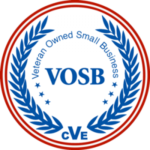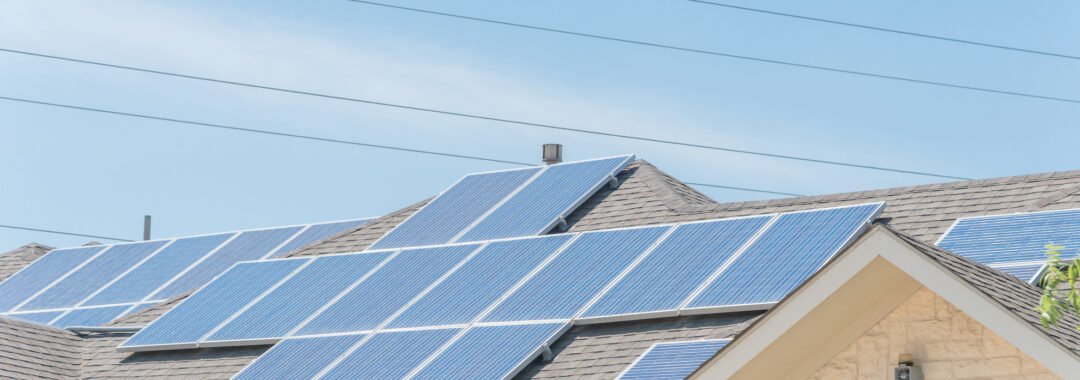If the recent heat waves have shown us anything, it’s that Texans need solar power! The severe weather is going to continue and the Texas grid is not prepared to handle a significant increase in demand.
Thank you for reading this post, don't forget to subscribe!Installing solar panels for your home in Texas puts you in control of your own electricity generation so you don’t have to rely on an unstable electric grid for power.
Texas Engineered Solar is a local, Texas-owned home solar installation company in San Antonio. We firmly believe that solar panels are worth it in Texas. But we also think you should have all the facts before you invest. We’ve put together this guide to Texas solar installation to help you decide whether you should get solar panels for your home.
How Rooftop Solar Works
Before you put solar panels on your roof, you should know how they work.
Residential solar panels work by turning sunlight into electricity. It’s a fairly simple process. First, your solar panels absorb sunlight and use it to generate direct current (DC) electricity. Wires carry the DC electricity to a solar inverter, which converts it into alternating current (AC) electricity—the type of electricity homes are wired for. The AC electricity flows through your home’s electrical panel and is distributed to appliances and electronics as needed.
You won’t notice a difference in how your lights or appliances work once you go solar, but you will see a big difference in your electricity costs!
Types of Solar Panel Systems
There are two main types of rooftop solar power systems.
Grid-Tied Solar Panels
Grid-tied solar systems are connected to the electric grid. They can send electricity to the grid and take electricity from it. The grid connection ensures that you always have access to electricity—when your solar panels are not producing electricity (at night, for example) you can still get power from the grid. When your solar panels are over-producing, the excess electricity is exported to the grid. If your utility offers net metering, you’ll be credited for the electricity you export to the grid.
The only downside to grid-tied solar panels is that they are automatically shut down during a power outage. This is a safety precaution that protects utility workers—solar panels can send power into the grid and an unexpected surge could be fatal to someone repairing power lines.
Grid-Tied Solar Panels with Battery Backup
Solar batteries make solar invaluable to Texas homeowners. With battery storage, your solar system can temporarily disconnect from the grid and stay on during a power outage so you never have to worry about blackouts. If the power goes out at night, you’ll be able to use stored electricity from your battery to keep your essentials running.
Adding batteries to your solar panel system also gives you your own backup power source to pull from when your solar panels are not producing electricity, so you don’t have to buy as much (if any) power from the grid.
Solar Viability: Is Your House Good for Solar?
Solar panels work best in sunny, mild climates, which makes Texas ideal for solar panel installation. With long sunny summers and short winters, we are able to take full advantage of solar energy year-round.
Even though the Texas climate is perfect for solar, however, not every home is. These are some of the factors that will impact your solar system’s performance.
- Roof direction - In general, solar panels perform best on south-facing roofs.
- Shade - Shade from surrounding trees can block sunlight and reduce solar output. When it comes to solar panels, the less shade the better.
- Roof slope - The pitch of your roof impacts its solar performance. A slope between 15 and 20 degrees is ideal.
- Roof age - It’s hard to replace a roof once solar panels are installed. If your roof is getting old, you might need to replace it before you go solar.
Texas Engineered Solar can help you decide whether your roof is good for solar. We offer free, no-pressure assessments to analyze your roof’s solar potential. Schedule your free assessment today!
Solar Installation Costs, Incentives & Financing
The biggest consideration for homeowners who are thinking about installing solar panels is typically cost. Solar panels will pay for themselves over time, but they require an initial investment. Thankfully, there are solar incentives and financing options available that can make home solar more affordable.
Related: How Much Do Solar Panels Cost in San Antonio?
Texas Solar Incentives
Residential solar panel installations in Texas qualify for incentives that can reduce upfront costs.
- Federal Solar Tax Credit - Reduces your income tax liability by 30% of your solar installation costs, saving you 30% on solar panels.
- Net metering - Allows you to sell the excess electricity you produce to your utility in exchange for credits. Your credit can be used to offset the cost of electricity you buy from the grid.
Solar Loans & Financing
A solar loan is a great way to finance your solar panel installation. With solar financing, you can install residential solar panels for $0 down. You’ll pay for your installation in fixed monthly payment that will most likely be lower than what you’re currently paying for electricity. Your electric bills will be greatly reduced immediately, so you’ll be saving money right away. We work with trusted financial partners to provide solar loans and can help you choose the right financing option for your budget.
TXEN Solar: Your Local Solar Panel Installer
Texas Engineered Solar is a veteran-owned solar installer based right here in San Antonio. We are a team of Texans helping Texans take control of their own energy production. If you’re interested in solar panels for your home, we are here to help you get all the information you need to make an informed purchasing decision. We’re a small, owner-operated team and we do right by our customers every step of the way.
Find out how much you could save with solar. Call 210-516-1604 or contact us for your free estimate.
Get your free quote today!



